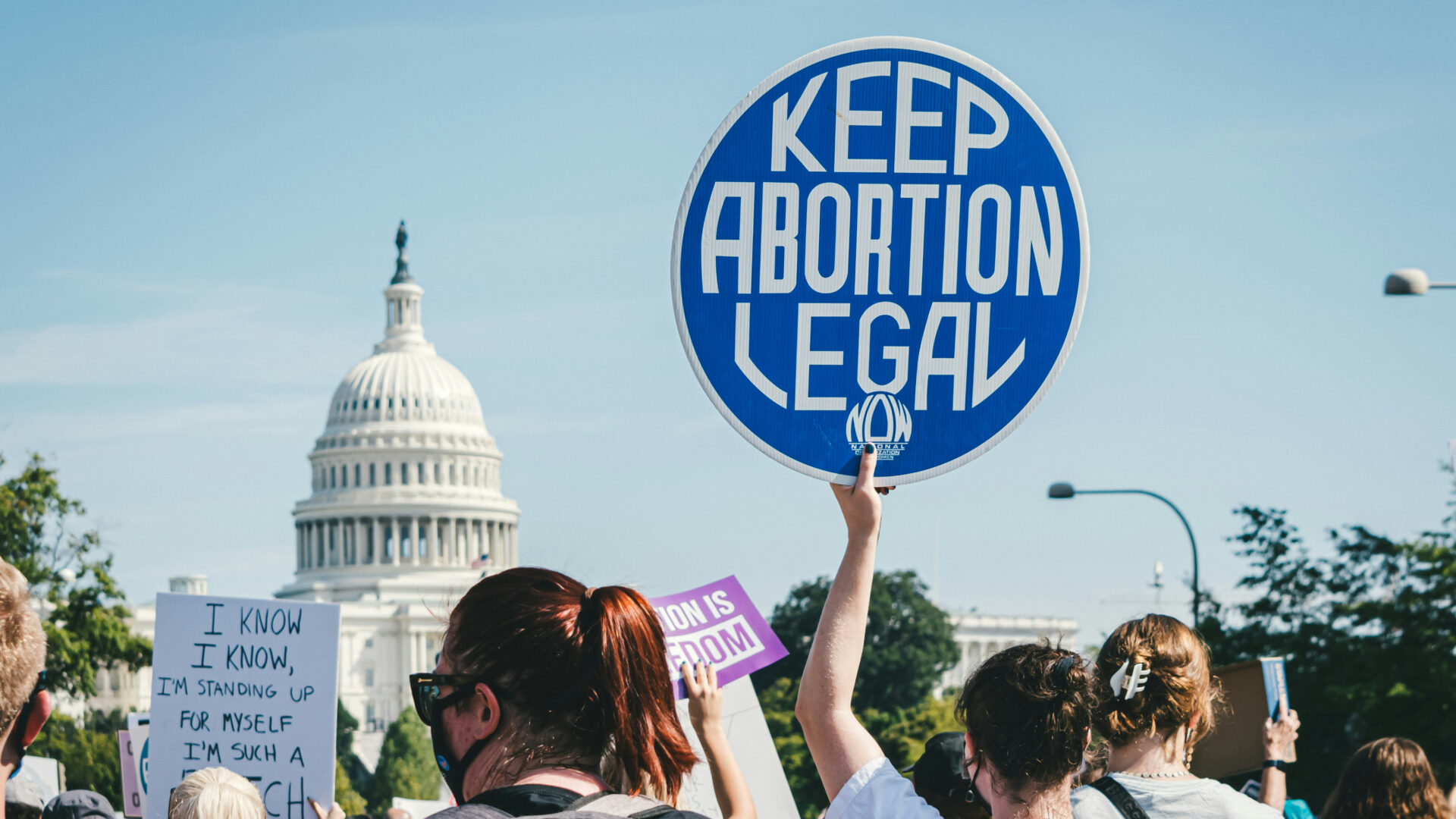This year marks the 40th anniversary of a shortsighted American foreign policy — the Global Gag Rule. The rule dangles much-needed US global health assistance as an incentive for foreign nongovernmental organizations (NGOs) to adhere to anti-abortion ideology. Specifically, the rule has prevented foreign NGOs from using their own funds to provide, counsel on, offer information on, or give referrals for abortion “as a method of family planning,” with the ultimate goal of reducing the number of abortions performed around the world.
This Reagan-era rule sports a push-and-pull pattern of repeal and reinstatement depending on whether a Democratic or Republican president is in office. The rule was first introduced in 1984 and continued for eight years under the Reagan and George H.W. Bush administrations. It was rescinded by President Clinton, reinstated by President George W. Bush, and rescinded by President Obama. All the while, congressional Republicans attempted to legislatively reinstate the rule during its years of pause.
In 2017, the Trump administration vastly expanded this rule to apply to all US global health assistance funding, increasing the amount of money affected 20-fold.
The Biden administration revoked the gag rule early on, but the rule’s harm endures. Even when administrations repeal the policy, communications on the provision of care are of a fractured nature, organizations hesitate to take action, and staff need time to become aware of the policy change.
Sacrificing Healthcare Benefits
By threatening to revoke the funds that NGOs and clinics depend on to provide services and information, birth control prescriptions, HIV testing and treatment, tuberculosis and malaria treatment, and vaccine programs — the US has formally sacrificed tangible healthcare benefits in the interest of promoting anti-abortion ideology on a global stage.
The impacts of this rule disproportionately affect those who already experience the greatest barriers to care, including people of color, young people, the LGBTQI+ community, those in rural areas, and those in humanitarian and refugee settings.
The Global Gag Rule acts as a de facto brick wall for healthcare actors.
While proponents of the Global Gag Rule claim that the policy reduces abortions, research shows instead that the restriction has led to funding cuts, clinic and program closures, and fragmented services — all of which negatively impact people’s ability to access timely and comprehensive contraceptive and family planning services. Under a previous iteration of the gag rule, pregnancies increased by 12% and abortions by 40% among women in countries impacted by the policy.
Impossible Choice
The Global Gag Rule acts as a de facto brick wall for healthcare actors. Clinics, NGOs, and providers have to make an impossible choice. They can continue to inform patients about abortion care and risk losing funding, or accept the US’s directive that its money can be spent to protect the delivery of all other health services. The eventual, most devastating blow lands on the patient, who cannot access the healthcare they need, when they need it.
The Global Gag Rule has had devastating impacts on medical providers and patients abroad. A health clinic outside Nairobi, Kenya, which offered HIV testing, reproductive health care, and family planning was forced to shut their doors, terminate staff, and leave their community with no options as a result of the rule. The rule’s reach also extends into the policy-making domain.
After Mozambique decriminalized abortion in 2014, the Ministry of Health stalled momentum, with the backpedal largely due to the influence of the gag rule and the national government’s protection of US funding.
A Solution Already Exists
A solution exists to this harmful rule: the Global Health, Empowerment, and Rights (HER) Act.
Congress’s passage of the Global HER Act — legislation led in the House by Representative Barbara Lee, a California Democrat, and in the Senate by US Senator Jeanne Shaheen, a Democrat from New Hampshire, would reverse and permanently repeal the Global Gag Rule by allowing those receiving global health assistance the discretion to use their own non-US funds for abortion care and advocacy. Champions of Global HER have emphasized the significance of gag rule repeal for years, calling for “a guarantee that American foreign assistance dollars will never be weaponized as a tool of oppression.”
The Global HER Act would also prevent the gag rule’s reinstatement by future presidential administrations. Starting with the passage of the Global HER Act, the US can commit to protecting accessible healthcare services for the world’s most vulnerable.
For 40 years, the US’s Global Gag Rule has put the health and lives of women, girls, and others at risk. It has done so by dictating how NGOs and clinics can spend their own money, sowing chaos and confusion, disregarding free speech, and actively preventing medical professionals from providing their patients the care they need and deserve.
Enough is enough. US-sanctioned, anti-abortion dogma cannot continue to trump the health of marginalized communities. Congress must commit to passing the Global HER Act and permanently repealing the Global Gag Rule once and for all. Without the Global HER Act, the US chooses to let the gag rule effectively stand — and choosing the gag rule means choosing to silence medical providers, harm the health of patients, and forego routine medical care for communities around the world.





















